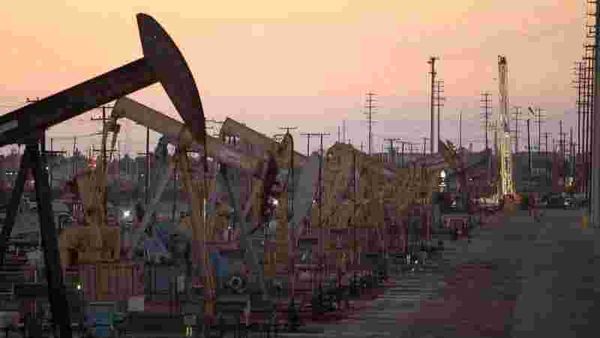Venezuela is boosting oil exports even as production plummets


Venezuela’s long-suffering oil industry is ramping up exports even as production continues its inexorable slide.
Exports of crude oil, the commodity that bankrolls the regime of President Nicolas Maduro, are set to reach a four-month high of at least 325,000 barrels a day in August, largely because of diesel-for-crude swaps that up until now have been exempt from US sanctions.
Also check these Vehicles
At the same time, output slumped to about 101,000 barrels a day in the week ending August 5, according to a report seen by Bloomberg. That’s a far cry from just three years ago when Venezuela was churning out 2 million barrels on a daily basis.
Also Read : Fuel rationing plunges oil-rich Venezuela deeper into crisis
Caracas can boost exports even when output is falling thanks to oil kept in storage. Tanks at the main port of Jose and oil-processing facilities known as upgraders are holding an average of 15.6 million barrels this month, the equivalent of 48 days of exports. That’s up by almost half compared with levels seen in January, according to PDVSA internal reports compiled by Bloomberg.
Inventories have risen because of a pandemic-induced drop in demand for fuels. The bankruptcy and subsequent sanctions imposed on Mexican trading oil companies Libre Abordo SA de CV and its subsidiary Schlager Business Group, which helped the regime place 32 million barrels of crude oil in Asia, have also played a part.
Also Read : 'Brutal war': This country scraps free fuel, charges 2.5 cents per petrol litre
The bulk of Venezuelan exports this month, as estimated by shipping reports and ship-tracking data, are going to meet diesel swaps with refiners including Mumbai-based Reliance Industries Ltd., Spain’s Repsol SA and Eni SpA of Italy.
China, which used to be the biggest buyer of oil from the Latin American nation, is expected to receive 54,800 barrels a day, the lowest in around three years.
Lower supplies from Venezuela and Iran, both hit by US sanctions, together with restrained output from the Organization of Petroleum Exporting Countries and its partners are helping to keep the differentials of heavy and light oil tight.








 40 kWh
40 kWh 150 Km
150 Km
 3996.0 cc
3996.0 cc Petrol
Petrol














